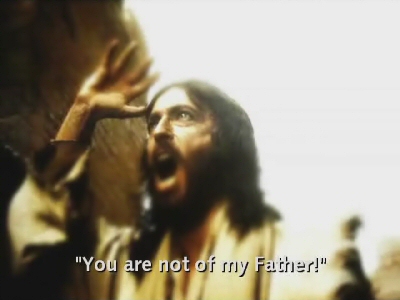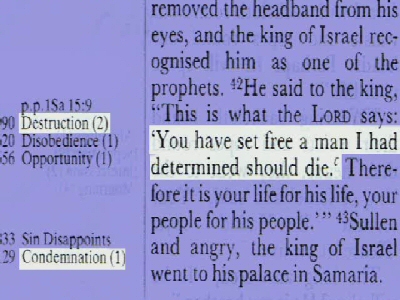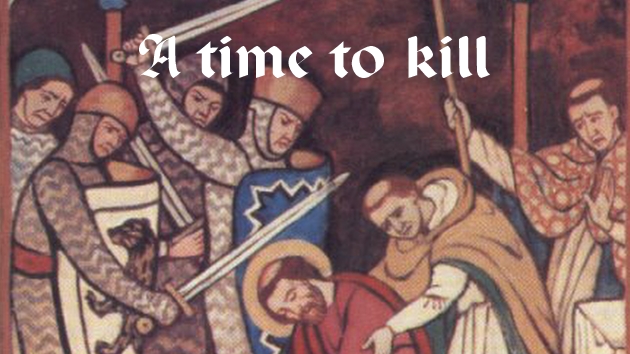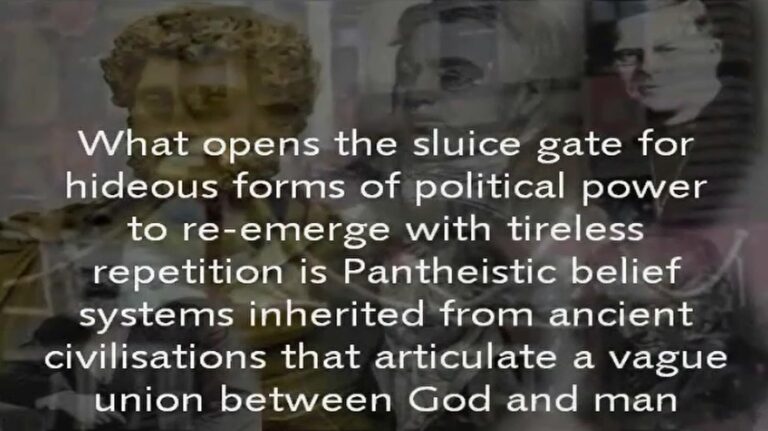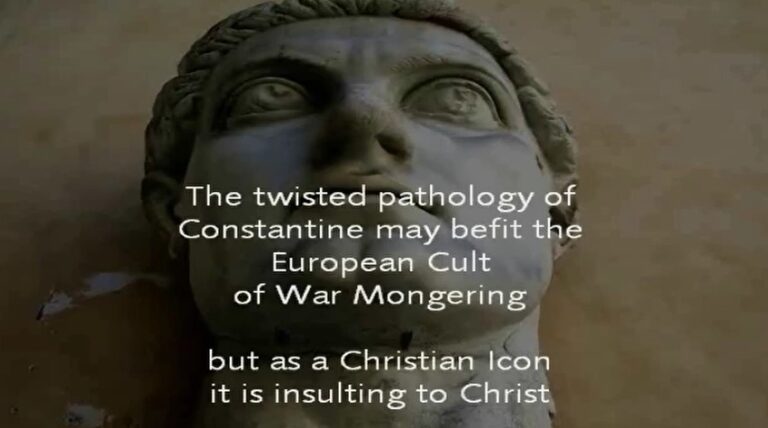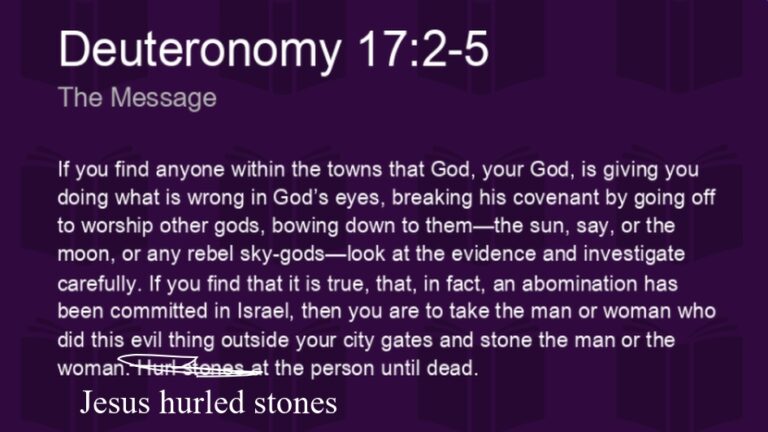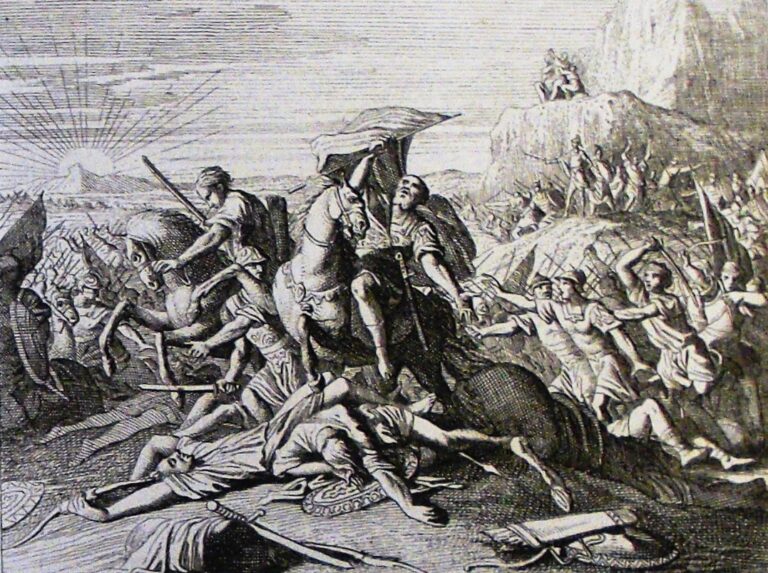[et_pb_section fb_built=”1″ _builder_version=”3.22″ hover_enabled=”0″ global_colors_info=”{}” sticky_enabled=”0″][et_pb_row _builder_version=”4.14.7″ background_size=”initial” background_position=”top_left” background_repeat=”repeat” hover_enabled=”0″ global_colors_info=”{}” column_structure=”1_2,1_2″ sticky_enabled=”0″][et_pb_column type=”1_2″ _builder_version=”4.14.7″ custom_padding=”|||” hover_enabled=”0″ global_colors_info=”{}” custom_padding__hover=”|||” sticky_enabled=”0″][et_pb_image _builder_version=”4.14.7″ _module_preset=”default” title_text=”victoryatmilvianbridge” src=”https://christvbible.com/wp-content/uploads/2022/02/victoryatmilvianbridge.jpg” hover_enabled=”0″ sticky_enabled=”0″][/et_pb_image][/et_pb_column][et_pb_column type=”1_2″ _builder_version=”4.14.7″ custom_padding=”|||” hover_enabled=”0″ global_colors_info=”{}” custom_padding__hover=”|||” sticky_enabled=”0″][et_pb_image src=”https://christvbible.com/wp-content/uploads/2022/02/397ad_agreed.jpg” _builder_version=”4.14.7″ _module_preset=”default” hover_enabled=”0″ sticky_enabled=”0″ title_text=”397ad_agreed”][/et_pb_image][/et_pb_column][/et_pb_row][et_pb_row _builder_version=”4.14.7″ _module_preset=”default” column_structure=”1_2,1_2″][et_pb_column _builder_version=”4.14.7″ _module_preset=”default” type=”1_2″][et_pb_text _builder_version=”4.14.7″ background_size=”initial” background_position=”top_left” background_repeat=”repeat” hover_enabled=”0″ global_colors_info=”{}” sticky_enabled=”0″]
Many scholarly books have been written about the life of the early church under Roman rule in the centuries leading up to the establishment of the Bible canon.
If you need a more serious, detailed and referenced work I suggest you do a structured course where some of the textbooks might include: History of the Christian Church by Philip Schaff ; History of Dogma by Adolf von Harnack; Church History Eusebius; Early Christian World by Philip Esler; Rise of Christianity by Rodney Stark; Jews and Christians, Parting of the Ways by James Dunn and so on.
The list is endless and the writings probably base their illumination and research on the same premise adopted by early ‘church fathers’ – an unfortunate title for Christians in the light of Jesus’ admonition concerning status – that assumes as true the source of the entire Jewish narrative as being divine.
It needs to be understood that the circumstances in which the Bible came into existence involve spurious social and political priorities and objectives that were not entirely focussed on making Jesus Christ the central figure for giving us a true portrayal of God.
Before the Bible was constructed, the priority was first to establish a new doctrine that defined the person and status of Christ in relation to God portrayed by characters in Jewish history and to regulate this as a rule of faith using canons or laws. Chief among the priorities was an attempt by the newly formed church under Roman patronage to convene councils attended by an expanding Episcopal leadership across a wide area to discuss and agree on a consensus view how to regulate the life of the new Gentile church and to combat heretical preachers and teachers. ‘They’ felt that the growing community of Christians needed some form of central administration to take care of disputes over doctrine and theology that quickly arose and to make formal decisions on the authenticity of texts and manuscripts as to which should be included in the canon for universal use by the whole of the church.
Those who chose what they considered to be the inspired scripture that best reflected the purposes of God in Jesus Christ were already using the Septuagint, the Greek translation of books from the Old Testament which, because everyone assumed it was entirely inspired by God, became the basis on which Christian orthodoxy was formulated and on which the Councils agreed to have Jesus Christ retrofitted to it under one title ‘the Holy Book’. However, the selection of texts to be inscribed on parchment and bound into a codex arrived much later amid controversy over which texts should be excluded.
Those who argued for a different canon were ostracised or discredited usually with the charge of heresy, which was a severe accusation in those days, bearing the death penalty, of the type used against Jesus. In his letter to the Magnesians Ignatius (30-107AD) wrote:
‘Beware of Judaizing…..Therefore, having become His disciples, let us learn to live according to the principles of Christianity. For whosoever is called by any other name besides this, is not of God. Lay aside, therefore, the evil, the old, the sour leaven, and be changed into the new leaven, which is Jesus Christ. Be salted in Him, lest any one among you should be corrupted, since by your savour you shall be convicted. It is absurd to profess Christ Jesus, and to Judaize.
For Christianity did not embrace Judaism, but Judaism Christianity, that so every tongue which believes might be gathered together to God.
Let us not, therefore, be insensible to His kindness. For were He to reward us according to our works, we should cease to be. … Let us therefore prove ourselves worthy of that name which we have received. For whosoever is called by any other name besides this, he is not of God; for he has not received the prophecy which speaks thus concerning us:
‘The people shall be called by a new name, which the Lord shall name them, and shall be a holy people.’
…abide in Christ, that the stranger or, “enemy” may not have dominion over you. It is absurd to speak of Jesus Christ with the tongue, and to cherish in the mind a Judaism which has now come to an end.
For where there is Christianity there cannot be Judaism.”
Objections to the inclusion of the Old Testament in the canon wasn’t confined to the lone voices of leaders like Ignatius, Aristides (100-160AD), and Heggessipus (120-??AD) also expressed reservations, as did a large numbers of Christians who voted with their feet by aligning themselves with the ideas of consecrated Bishops like Marcion who expressed serious reservations about the Old Testament being given equal footing with Jesus Christ, who concluded that many of the teachings of Christ were incompatible with the actions of God in the Old Testament.
Marcion was the first to formulate a canon based on the centrality of Jesus’ testimony using Paul’s letters and one of the gospels as his main text, which would have served the church well, but he made the same mistake as all his contemporaries, who believed that all the Jewish narrative was literally God given and on this presumption he proceeded to argue his case using a dualist system of belief that propounded God of the Old Testament as the old nasty God now superseded by the one portrayed by Jesus Christ. Marcion argued rightly but on the wrong premise and he was quickly ostracised as a heretic.
Episcopal decisions concerning the spiritual direction of the new church however were influenced more by the pragmatism of the Episkopoi under Roman patronage than by Christians contending for a less Judaized Jesus Christ. Rome’s new tolerance towards the Christian faith, which saw Emperors now officiating at major Church council meetings after 2 centuries of persecuting Christians, brought upon the church a relationship with the State for which it was not ready and the consequence meant political and economic entanglement, inevitably leading to compromise. The patronage of Constantine in 325AD for example, whose financial and resourceful assistance enabled Bishops even from outside of the Roman Empire to attend the first of many great Councils, afforded him a regal chair in these meetings (like the one the Pope sat on when presiding over Kings and Emperors in the Dark Ages) to state his personal wishes that they settle their differences and work for political unity among Jewish and Christian communities, and in exchange win the favour of a benevolent, albeit scheming, Emperor willing to facilitate a stipendiary for church leaders willing to serve in the provinces not only as shepherds of the new flock but pacifiers of disgruntled Jewish refugees scattered across the Empire after the sacking of Jerusalem by Rome.
[/et_pb_text][/et_pb_column][et_pb_column _builder_version=”4.14.7″ _module_preset=”default” type=”1_2″][et_pb_text _builder_version=”4.14.7″ _module_preset=”default” hover_enabled=”0″ sticky_enabled=”0″]
The new church hierarchy entered into a working relationship with the Roman rulers, the secular State, before the Bible was formerly constructed, which meant it no longer could serve the interests of Christians exclusively without including the Imperial interests of Rome in their deliberations and decisions concerning their role in communities under Roman administration at city, provincial and local level. The synagogue was a central place in many of these communities, many Greek speaking citizens were already converts to Judaism.
It soon became advantageous for the newly formed church hierarchy to work with the Roman administration not in the least because it gave them patronage and social mobility but it meant the facility of an existing system of administration that could enable their transfer of status from church elect to high ranking officer of State. Basilicas were built at Roman expense, tax exempts given to priests and the beginning of a stipend for church leaders in Rome being subsidised under Constantine’s reign.
Council decisions weren’t necessarily conducive to establishing the centrality of Jesus and his words as the canon either, even though by the 2nd century the four gospels (the Tetramorph) and Paul’s letters were already in general use separate to the Septuagint.
The question of breaching the gap that had divided Jews and Christians across the Empire was high on Emperor Constantine’s list of actions he felt would contribute to the social and spiritual cohesion necessary for advancing his plans for patching together a divided East and West of the Empire.
The claim made by Emperor Constantine that he had won a military battle as a consequence of Christian prayers gives you a clue as to the compromise of the Gospel at a very early stage of the spiritual incest between Episkopi and Rome. This outrageous and insulting portrayal of Jesus as a warrior king provides us with the spurious spiritual setting for the placing of the Old Testament on Jesus’ back. Not a single voice is recorded as raising a question about military victory being associated with Jesus Christ in 312AD because already in their hearts and minds they had a picture of God leading the Israelites in various battles and of seeing Jesus Christ as an inheritor Son of this picture, and therefore of the traits and characteristics of God portrayed by Jews deep in sin. A gross error was made at the very beginning of church leadership, with dire consequences for Christendom in future centuries.
The Bible was conceived therefore not only in the spurious circumstance of Bishops being feted by a secular political power that had always connected with pagan gods of war but also in relation to another compromise that Constantine required of the church, which involved not only resolving doctrinal differences between Bishops but dealing with the widespread social enmity between the Jews and the Christians that was causing strife at a local level throughout the vici of Roman provincial rule.
Toleration for Constantine meant social cohesion, a pragmatic solution at a local level that would bring something positive to the political dimension of a divided Empire. The incorporation of both Christian and Jewish communities into stable social networks would work wonders for governors. The dispersed Jews proselytising the Old Testament portrayal of God against Christians preaching Jesus Christ as the only true portrayal of God meant continual animosity, which needed resolving. Hence the decision to combine the Gospels with the Old Testament books was probably influenced more by the pragmatism of Rome and by the benefits to church hierarchy, that its patronage and protection offered, than by the choice of the flock who in no small number supported those who voiced reservations about the Old and the New being put together as one canon.
Since it was their claim from the beginning that the account of their forefathers was entirely inspired by the Spirit of God, the cause of the Jews to have their narrative recognised as having legitimacy for inclusion in the holy canon was already won in part by their stubborn proselytising of the same and partially by the ignorance of the early church ‘fathers’.
Early Christian teachers had been teaching for centuries a Jewish theology using language and concepts that ‘were quarried chiefly from the Old Testament.’ (History of Christianity – Lion Publishing 1977)
By the third century the Christian message had spread as far as York in England but without the existence of a universal codex or Bible. What really spread across Europe in the early centuries was a traditional view of Jesus Christ as a teacher of a revised and updated Judaism, which is a theme repeated in letters written by early church fathers who also believed the Old Testament to be entirely divinely inspired, ‘Look carefully into the Scriptures, which are the true utterances of the Holy Spirit. Observe that nothing of unjust or counterfeit character is written in them.’ ‘Those, therefore, who do anything beyond that which is agreeable to His will, are punished with death.’ (Clement of Rome Letter to the Corinthians 60AD) (An Old Testament concept of God using the human agency as a vehicle for dispensing death to believers as a punishment for sin)
Sermons based on the Old Testament were common place throughout the region where the Gospel spread. The Septuagint was readily available in Latin and Greek long before the Gospel and parts of the New Testament had been formerly agreed on, which meant that millions of Christians in the early centuries were being taught from texts that everyone presumed were of Holy origin. But unfortunately they were not all of holy origin as I point it in The Little Scroll. Some parts of the texts are overtly and horrifyingly anti-Christ.
It wasn’t until the 4th Century that the contents of the Bible was eventually agreed on. What does this mean for those who came to Christ and served him well without the benefit of a Bible? Can they truly be called Christians without learning from the Bible? Of course they can. They followed Christ, not the Bible. Moreover, what essentially is the role of the Bible in Jesus’ hands in Eternity, when only His own words will remain after everything else has passed away (gone forever)? (Matt 24:35)
[/et_pb_text][/et_pb_column][/et_pb_row][/et_pb_section]

